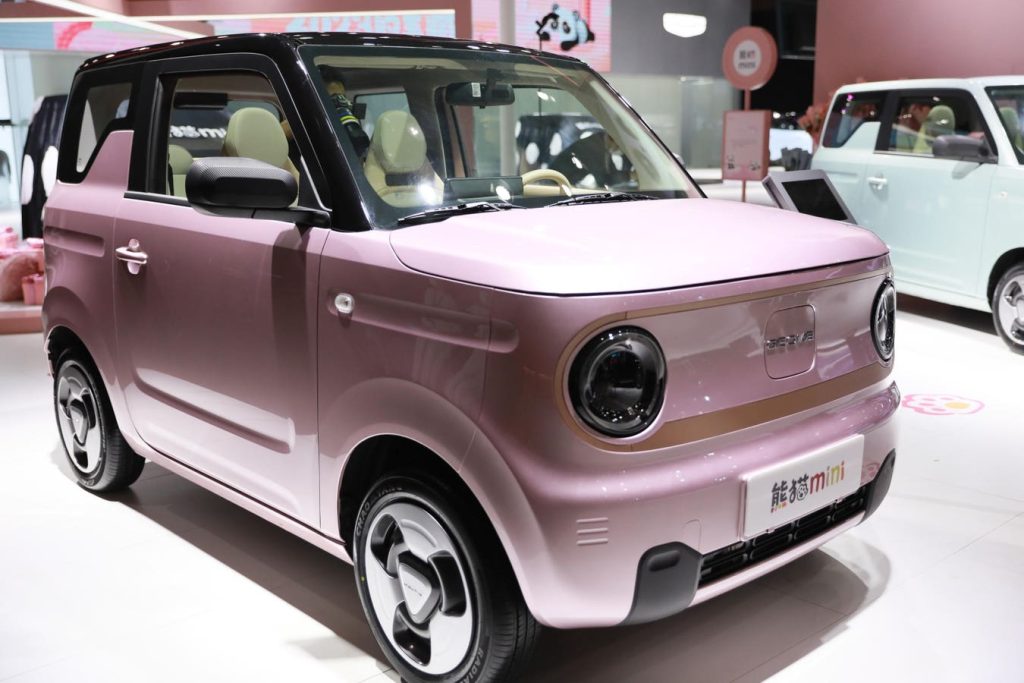The European auto industry is thriving, with sales expected to increase by 7% in 2024. However, EV sales have suddenly stalled, causing concern for manufacturers who have invested heavily in this sector. European regulations on CO2 emissions are tightening, making it difficult for European companies to produce EVs cheaply enough to meet demand. In contrast, Chinese automakers are able to produce affordable EVs and are gearing up to threaten their European counterparts. Stellantis CEO Carlos Tavares predicts that the industry will consolidate down to five global giants in the near future, with Renault calling for a new European “Marshall Plan” to protect itself from Chinese competition.
Investment banks UBS and Berenberg Bank have warned of a potential slowdown in the European auto industry in 2024, with pressure on EV pricing and technology increasing. The industry is struggling to provide affordable EV options, with Berenberg Bank suggesting prices of around €10,000 are needed to create a mass market for EVs. BMW’s strategy of combining EV and ICE production, once criticized, is now seen as a wise move as EV growth stalls. HSBC Global Research predicts that the EU may revisit its plan to ban the sale of new ICE cars by 2035 due to the slowdown in EV sales growth, with competition from micro-mobility options such as e-bikes and e-scooters also affecting private car ownership.
HSBC Research also notes that the timeline for autonomous driving has shifted, with level 2/2+ autonomous features expected to dominate the market by 2030. The EU is expected to make a decision in November on possible action to curb Chinese imports with over-generous state subsidies, with an interim judgement likely in July. The European auto industry faces challenges from Chinese competition and the need to produce more affordable EV options in order to create a mass market. As the industry navigates these challenges, collaboration and partnerships with smaller makers like Renault may become increasingly important in the race for affordability in the mass-market segment.


